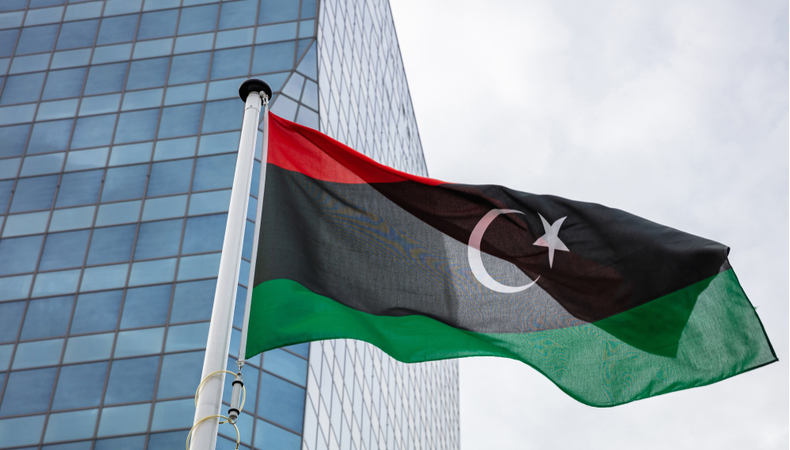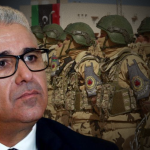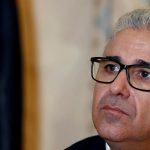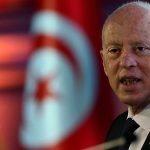Libya parliament votes next week to confirm new government in hopes to stagger political chaos in the country


Interim government in Libya was formed last year backed by United Nations, and was to be a ‘caretaker government’ until December 2021 when elections were to be held in the country. The elections, however, could not be held and stand cancelled after chaotic nominations of presidential candidates and dispute over the regulations governing elections. Concern is this disagreement over Parliament confirming new interim administration and the incumbent government not handing over the power can push country further into extreme chaos.
Fathi Bashagha, former interior minister of Libya and designated leader to form new government by the Libyan Parliament, said on Thursday that he is ready to propose his Cabinet to the Parliament. In this direction, the spokesman of chamber said a session would be held on Monday next week.
Related Posts
Prime Minister Abdul Hamid Dbeibah, however, is only willing to hand over power after an election is conducted. He was elected as interim prime minister of Libya through a UN backed process. He had also revealed this week that he is planning to hold a nationwide election this summer to decide people’s government.
Dbeibah has been accused by Libyan parliament of corruption and noted that his term expired when the election was supposed to be held, on December 24. But he has rubbished all accusations and called parliament to be invalid citing its election eight years ago.
Libya has been suffering under crisis, chaos and uncertainty since 2011 when NATO backed uprising had toppled over and later killed country’s long time authoritarian leader Muammar Gaddafi. Later in 2014, the country split into two rival administrations – one in Tripoli and other in the east – further bringing internal conflicts into the country. Parliament mostly sided with eastern-based Libyan National Army (LNA) of Khalifa Haftar against the then internationally supported government in Tripoli









